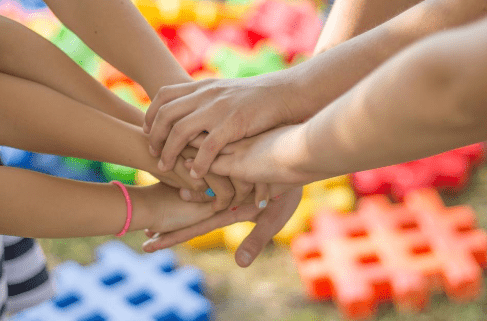When an individual is dealing with addiction, it becomes a difficult situation for all their loved ones. If your child is battling addiction, you may be wondering how to best support them through this trying time in their life. Don’t give up hope! Many people successfully beat addiction and having the support of the family makes a huge difference.

Below are some tips to help you during this difficult time.
- Find Support for Yourself
To help your child, it is important to find your own support system. You are likely experiencing a wide range of emotions that are difficult to handle. While your child is in rehabilitation, take the time to seek out support groups or a therapist who can help you process your emotions.
This will help you better communicate with and support your child. Stability is one of the most important needs of recovering addicts, so if you can achieve stability within yourself it will only benefit your child. Finding a support group can also help you feel less alone in your struggles.
- Stay Involved
Family support and involvement during recovery drastically improve the likelihood of successful rehabilitation, such as at Pacific Ridge. Having the support of loved ones helps addicts feel less alone and reminds them that they have people who love and care about them. Get information about your child’s rehabilitation center and their policy on visitation. Many rehabilitation centers will also have educational classes for family members.
Take advantage of the programs and visitation hours offered by your child’s facility. It may take time out of your busy schedule, but it is time well spent. Staying involved in your child’s rehabilitation process helps both you and your child cope and recover.
- Plan for Life after Rehabilitation
The recovery process may begin with a rehabilitation center, but it certainly won’t end there. After their recovery treatment, returning to regular life can be stressful and is a time of high risk for relapses. You should plan and prepare for what life will look like after your child returns home.
- Make sure your household has a routine
I’m a 20-something stay-at-home mother and wife. I have an amazing husband, a beautiful daughter, two loving dogs, and a lazy cat. I wouldn’t change my life for anything! I love to read, listen to music, cook and blog!

Speak Your Mind